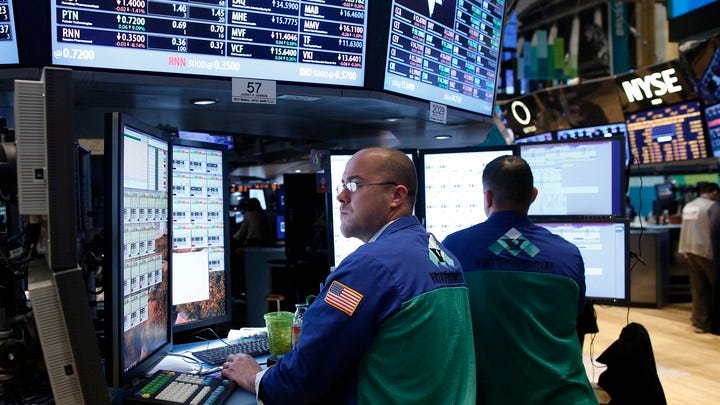On November 30th, 2022, the world changed forever with OpenAI’s release of ChatGPT. It felt as though countless jobs were rendered useless overnight. The landscape of nearly every industry is changing rapidly, with everyone rushing to adopt AI to improve their performance.
Now that AI is mainstream, we can no longer ignore the question: will it take over trading?
Here are my thoughts:
AI Already Dominates Finance
Finance was one of the first sectors to adopt and use AI, way before it was mainstream. Some of the early developments in AI in the 1950’s were used for statistical analysis and making predictions in the market. Throughout the late 20th and early 21st century, new advancements in AI like machine learning and neural networks were used to learn and aggregate data.
The field has always been ultra-competitve, so any way to gain an advantage was quickly exploited. With the increased power and speed of computers in the early 2000’s, algorithmic trading became increasingly popular. They placed trades at lightning speed. High-frequency trading firms, able to execute thousands of trades per second, were astoundingly profitable.
Algorithms, rather than humans, began to dominate the market. Here are some estimates of the last twenty years:
2000: Less than 10% of market orders were generated by algorithms
2005: Around 30-40% of orders
2010: Around 50-60% of orders
2015: Around 70-80% of orders
2020: Around 80-90% of orders
These programs will only get more powerful as time goes on. The trading landscape will keep changing at an accelerating rate. Where does that leave us as traders?
Trading Will Exist As Long As Markets Do
Markets exist as a way for buyers and sellers to exchange goods and services. Prices are determined by supply and demand. Every good/service has a limited supply and demand based on this amount. This is how we arrive at a certain price.
There is no market for oxygen because there’s an unlimited supply. We have markets for things that are scarce and valuable. In the far-off future, it’s possible that AI may develop solutions that provide us with an infinite supply of food, water, and energy. In this scenario, markets wouldn’t need to exist since all resources are abundant and free.
We are still far away from this. Until everything is abundant, markets will be open, and there will be a way to make money from them. In the future, it might be too slow to physically enter and exit trades, and algorithmic trading among retail traders may become the norm.
Well-funded institutions will always have the most advanced software, but traders will have access to powerful tools as well. Over the past few decades, it’s only become easier to trade and invest in the market. Before, it was a “rich man’s game” because you needed significant capital and commissions were enormous. Today, anyone can open a trading account and have access to high-quality data.
Take It One Step At A Time
Despite what people may say, no one knows where AI is headed or how fast it’ll advance. It’s hard to predict where we’ll be in 6 months, and impossible to predict where we’ll be in 5 years.
It’s pointless to stress about AI advancing. For every new advancement, there will be winners and losers. The winners will be the ones who first took advantage of it, and the losers will be the ones who didn’t, and got permanently left behind. We want to be on the winning side. The best approach of dealing with AI is taking it one step at a time.
If you predict too far into the future, it will probably be wrong. If we progress with the technology as it comes out, we’ll be ahead of the game. Those who ignore this powerful tool will be left in the dust, like typewriters when computers came out.
In this newsletter, I’ll be staying up-to-date with future advances and changes in the market, so that you’ll have the best possible edge in this new age. Good luck and happy trading!
- Tradewriter
Disclaimer: Any content from this newsletter should not be taken as financial or investment advice, but for informational and entertainment purposes only. This newsletter simply shares my personal opinions. Investing in stocks, bonds, futures, options, and other securities carries significant risks. Some or all capital may be lost. With leveraged instruments, losses may exceed initial capital. Past performance of a security does not guarantee future results. Consult with a registered financial/investment professional. This newsletter and its authors are not licensed financial/investment professionals. By reading and using this newsletter, as well as any other publications, you are agreeing to these terms.





